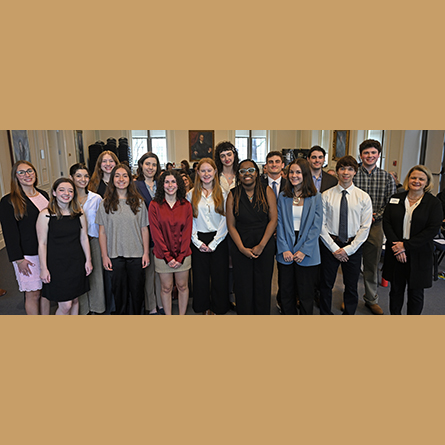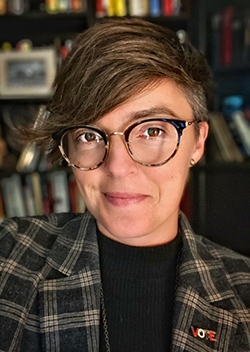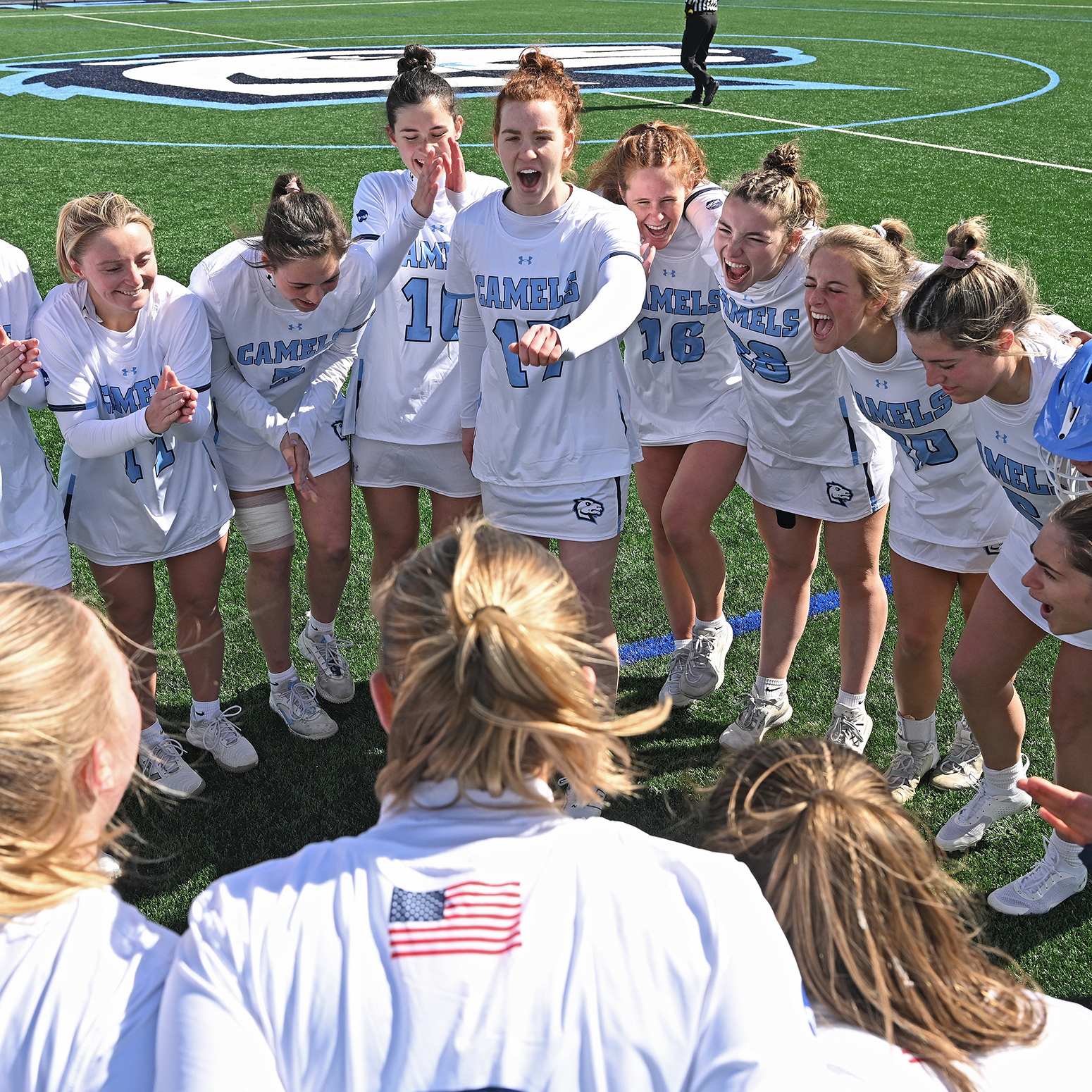
Professor Mara Suttmann-Lea awarded $200,000 Carnegie Fellowship for elections research

Assistant Professor of Government Mara Suttmann-Lea is one of 28 distinguished scholars out of a record high 360 nominees awarded the highly prestigious $200,000 Carnegie Fellowship in 2024, the Carnegie Corporation of New York announced today. Only a few of these fellowships have ever gone to researchers based at liberal arts colleges; of this year’s 28 fellows, 12 are junior scholars, 15 are senior scholars, 11 are employed by state universities, 16 by private universities and one is a journalist.
Suttmann-Lea will study how state and local election officials can build trust with constituents through voter education, bolstering the public’s resilience to misinformation-driven polarization and bringing the public closer to a shared understanding of how elections are run in the United States.
The Carnegie Fellows program began in 2015 to continue the mission of Carnegie Corporation of New York, as founded by Andrew Carnegie in 1911, to promote the advancement and diffusion of knowledge and understanding. Through a current focus on political polarization in the U.S., the Corporation seeks to raise awareness in the philanthropic sector, guide public policy and help inform the foundation’s grantmaking in democracy, education and international peace and security. Each fellowship winner receives funding for research that seeks to understand how and why our society has become so polarized and how we can strengthen the forces of cohesion to fortify our democracy.
To that point, Suttmann-Lea wrote in their project proposal, “Among the many indicators of political polarization in the United States, none is more alarming for the future of American democracy than election denial—the belief that election outcomes are fraudulent and not to be trusted. My Carnegie Fellowship proposal is motivated by the existential threat posed by the persistent belief among a substantial portion of the American public who adheres to election denialism. Left unchecked, the consequences of election denialism are dire. In addition to discouraging democratic participation, a lack of trust in elections motivates people to turn to acts of political violence.”
Suttmann-Lea’s project builds upon their existing dataset of state and local election official communications on social media platforms and a survey of state election official practices to identify voter education strategies for depolarizing attitudes toward elections. For their Carnegie project, they plan to extend these data to include the 2024 presidential election cycle, a survey of local election official voter education efforts and a nationally representative survey of the public’s preferred sources of election information and attitudes toward elections.
The cornerstone of the proposal is the creation of a voter education hub. “The hub will be the first of its kind space for election officials to access peer-reviewed best practices for building trust in elections among the public, lessons for their constituents about the process of election administration and a space for election officials to share and receive feedback on their own voter education practices,” Suttmann-Lea said.
“This project is original because no one has examined in a systematic way precisely what election officials communicate to their constituents, nor considered how voter education might be a solution to election denialism and polarization in attitudes toward elections.”
Suttmann-Lea, who joined the Connecticut College faculty in 2018, is a leading scholar of research on voter education and their findings have been used to support the work of American election officials. Suttmann-Lea’s research has been funded by the Social Science Research Council, the M.I.T. Election Data and Science Lab and the United States Election Assistance Commission, and is featured in a range of scholarly and public-facing outlets. They are the founder of the podcast What Voting Means To Me, which features interviews with voters and non-voters about their experiences living in a democracy and conversations with scholars and election officials about what can be done to improve the health of American democracy.
Carnegie Fellowships are awarded annually to approximately 30 exceptional scholars, authors, journalists and public intellectuals. The criteria prioritize the originality and promise of the research, its potential impact on the field and the scholar’s plans for communicating the findings to a broad audience. The funding is for a period of one or two years with the anticipated result of a book or major study.
